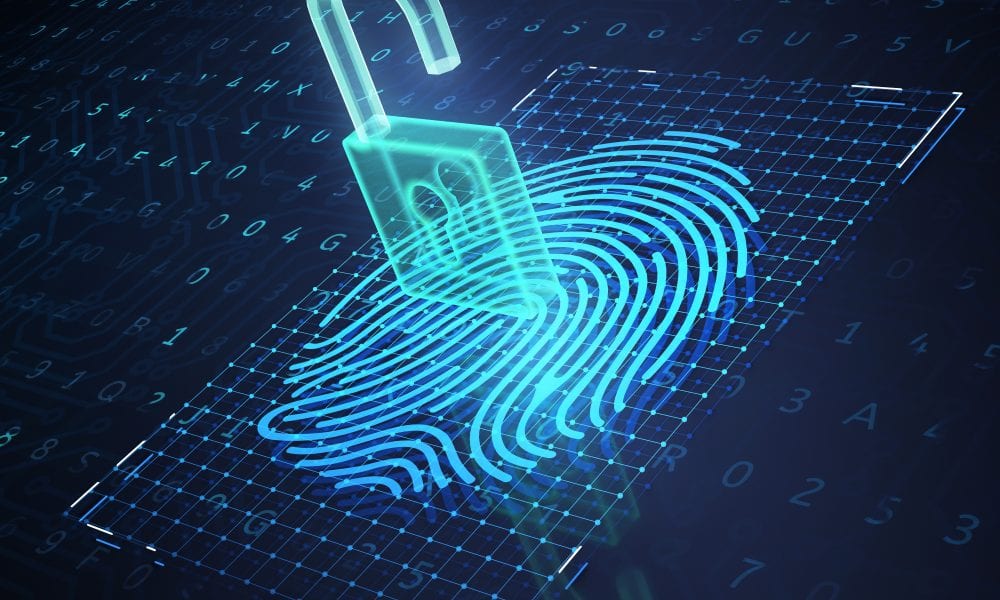Digital identity verification has become a crucial part of our daily lives. From opening a new bank account to accessing online services, it is essential to prove our identity. However, current methods of identity verification are often slow, expensive, and prone to fraud. As technology evolves, so too does the need for more efficient and secure methods of identity verification. This is where crypto comes in.
What is Crypto?
Crypto, short for cryptocurrency, is a digital or virtual currency that uses cryptography for security. It operates independently of a central bank and can be transferred directly between individuals. The most well-known example of crypto is Bitcoin, which was created in 2009.

How Crypto is Set to Revolutionize Digital Identity Verification
Currently, digital identity verification relies on a centralized system that stores personal information, such as a government database. However, this system is vulnerable to hacking and data breaches, which can result in identity theft and fraud.
Crypto offers a decentralized solution to this problem. Instead of relying on a central authority to store and verify personal information, crypto uses a blockchain network. A blockchain is a digital ledger that records transactions in a secure and transparent way. Each block in the chain contains a unique code that cannot be altered or tampered with. This makes it an ideal solution for storing personal information securely.

In a crypto-based identity verification system, the user’s personal information is stored on the blockchain network in an encrypted form. When the user needs to verify their identity, they can provide a unique code that is associated with their personal information on the blockchain. This code can be verified without revealing any personal information, making it a secure and private method of identity verification.
The Benefits of Crypto-Based Identity Verification
- Increased Security: Crypto-based identity verification is more secure than traditional methods as it uses a decentralized system that is less vulnerable to hacking and fraud.
- Improved Privacy: Users can verify their identity without revealing any personal information, which protects their privacy.
- Reduced Costs: Crypto-based identity verification is more cost-effective than traditional methods as it does not require a central authority to store and verify personal information.
- Increased Efficiency: Crypto-based identity verification is faster and more efficient than traditional methods as it does not require manual verification processes.
As technology continues to advance, the need for secure and efficient methods of digital identity verification will only increase. Crypto-based identity verification offers a decentralized, secure, and private solution to this problem. By using blockchain technology, crypto can revolutionize the way we verify our identities online, making it faster, cheaper, and more secure.

